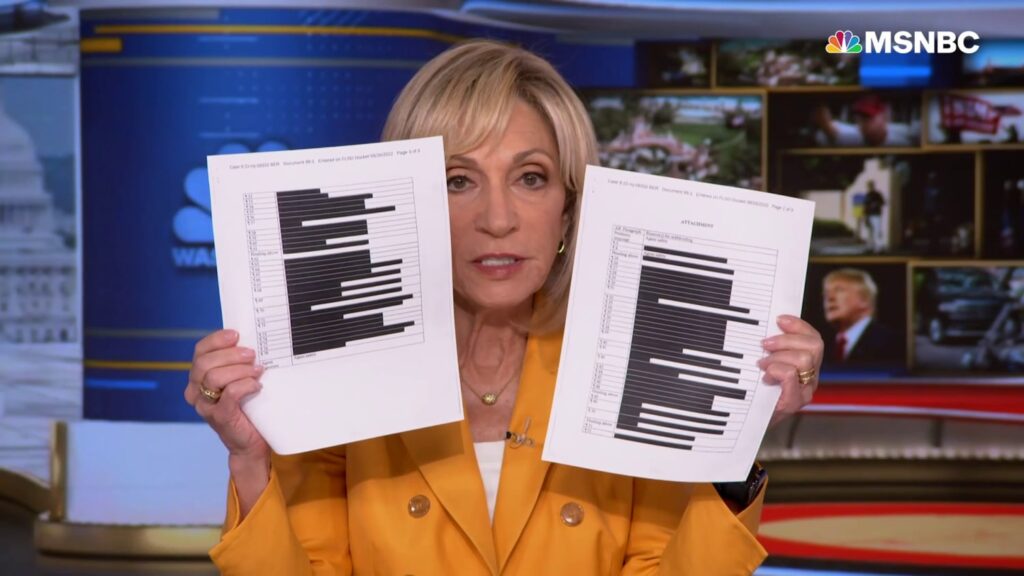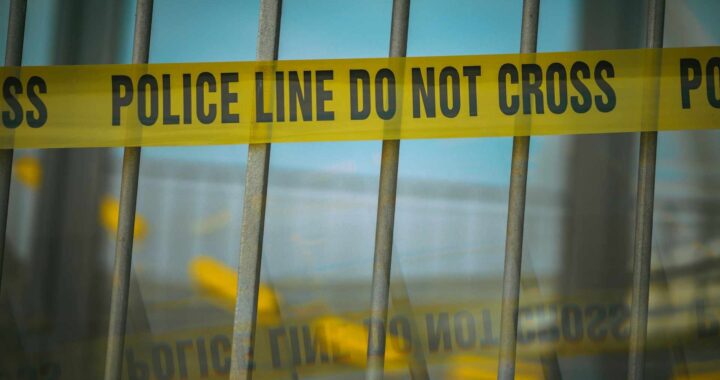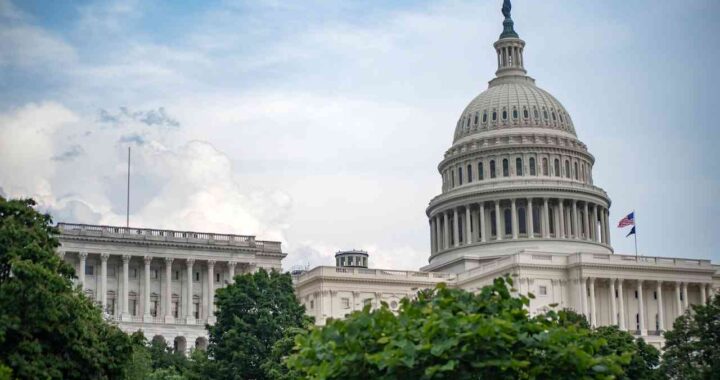DOJ Releases Redacted Search Affidavit on Donald Trump’s Mar-a-Lago Resort

The Department of Justice DOJ has released a heavily redacted version of the search affidavit on President Donald Trump’s Mar-a-Lago resort. The affidavit contains sensitive details that the Justice Department wishes to keep secret. The FBI was concerned that sensitive documents had been left behind at Mar-a-Lago. This led them to return 15 boxes of documents to the National Archives in January. The name of the FBI agent who signed the affidavit, however, has been blacked out by the Justice Department. In the public version, the FBI agent simply refers to Trump as “FPOTUS.”
Justice Department’s best arguments
The Justice Department has released a heavily redacted version of an affidavit supporting the search at Trump’s Mar-a-Lago resort. The affidavit states that the FBI has probable cause to believe that records containing national defense information were stored at Mar-a-Lago. Whether or not there is evidence to support obstruction of justice is not yet clear.
The DOJ has requested that the room the docs were stored in be secured further. It also asked that the documents be preserved in their current condition until further notice. While it does not specify whether or not a lock would be installed, the affidavit still raises many questions and concerns.
Sources
In the redacted version of the search affidavit on Donald and Melania Trump, federal agents are investigating a possible violation of three federal laws, including the Espionage Act. These laws govern the gathering, transmission, and destruction of defense information. The affidavit doesn’t reveal any new information, but it does raise several questions. For example, the document does not mention any specific individuals or organizations involved in the investigation, nor does it explain why the investigation was so extensive. The document also does not provide any new information on the 15 boxes of classified records. The National Archives and Records Administration referred the matter to the DOJ, but it does not mention the number of classified documents in the affidavit.
The DOJ said it would not unseal the affidavit because it would interfere with the criminal investigation into the former President’s alleged mishandling of classified documents. The DOJ said the release would hinder the investigation by revealing the identity of witnesses and exposing investigation strategy. However, a motion by The New York Times and several other news organizations led to the release of the affidavit. In the end, Judge Reinhart granted the motion and released the redacted affidavit.
Methods
The Justice Department has released a redacted version of its affidavit on the search of the Trump presidential retreat. In it, Justice Department counterintelligence chief Jay Bratt tells how he traveled to Mar-a-Lago on Aug. 8 with a small team of federal officials. During that visit, Bratt met with Mr. Trump’s lawyer. Then, he inspected the basement storage area where his client had stored a number of classified documents. He also emailed his lawyer to secure the documents with a stronger padlock. The FBI subsequently searched the property and took 26 boxes and 11 sets of classified documents out.
The affidavit was expected to provide more information on how sensitive presidential documents were transported to Mar-a-Lago. The document may also shed more light on the back-and-forth between Trump and the FBI. However, it is difficult to determine how much will be garnered in its redacted state.
184 classified documents improperly stored at Mar-a-Lago
The DOJ has released a redacted version of the affidavit that formally justified the search of Donald Trump’s Mar-a-Lago resort. The affidavit contains portions of the search that have been redacted and contains information that is classified. These passages include evidence that the Mar-a-Lago storage room was not a designated location for classified information, and that documents were stored in multiple locations on the property.




 Pat Robertson Hits the Fundraising Panic Button
Pat Robertson Hits the Fundraising Panic Button  If You Hate Politicians, Don’t Shoot Them
If You Hate Politicians, Don’t Shoot Them  ’Protecting Pat Robertson”: “Pat Goes Into Panic Mode” (Part 3)
’Protecting Pat Robertson”: “Pat Goes Into Panic Mode” (Part 3)  Republican Senators Are Beginning To Second Guessing President Trump
Republican Senators Are Beginning To Second Guessing President Trump  A Real Shift in Nutrition Policy — And Why It Gives Me Hope
A Real Shift in Nutrition Policy — And Why It Gives Me Hope  Move That Body
Move That Body  Real-Life Succession Planning Failures … and How To Avoid Them
Real-Life Succession Planning Failures … and How To Avoid Them  The Fuel Fix: Rethinking Type 2 Diabetes With Dr. John Poothullil
The Fuel Fix: Rethinking Type 2 Diabetes With Dr. John Poothullil